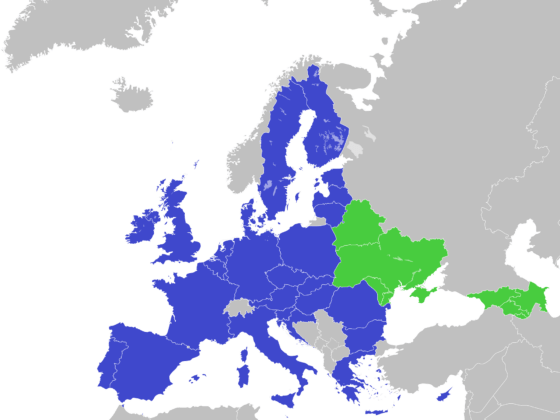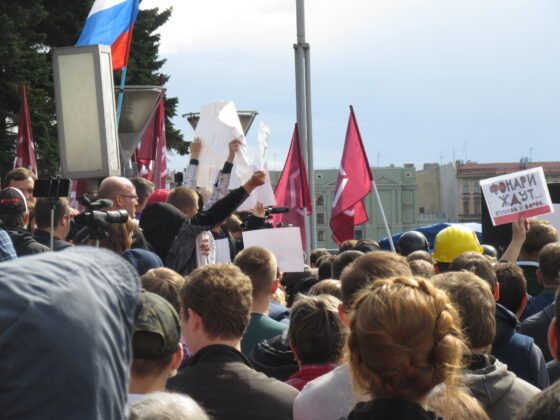(Point & Counterpoint) Maria Lipman discusses the political developments of the past two months and the Russian government’s general policy toward elections with Mikhail Vinogradov, a Russian political expert and one of the most-often cited political commentators.
Introduction: On Russia’s annual Election Day, Sunday, September 8, regional and municipal elections were held in dozens of Russian regions. The Moscow city legislature campaign attracted, by far, the most attention, and its outcome was indeed unexpected: the candidates supported by the powerful mayor’s office lost 20 seats out of 45. Five years ago, they lost just seven seats and secured an overwhelming majority.
Throughout Vladimir Putin’s leadership, the Kremlin has made sure that national and regional elections have pre-ordained results. Last year, however, brought about a few unpleasant surprises when Kremlin-selected gubernatorial candidates failed to win. Apparently, the Kremlin learnt its lessons and improved its operations: this year all of the gubernatorial races were won by Kremlin-approved incumbents or acting governors.
“Disobedience” continued in Moscow, however, where several prominent oppositionist figures tried to campaign for seats in the city legislature. But their attempts to break through Kremlin controls failed in a most egregious manner: all of them were barred from running. This demonstration of utter contempt for the Muscovites who supported the oppositionists or worked for their campaigns provoked mass protests that were brutally suppressed by the police.
Stripped of the capacity to vote for the independent candidates of their choice, at least some of the opposition-minded Muscovites opted for “smart voting.” This tactic, suggested by the most prominent opposition figure, Aleksey Navalny, called Muscovites to vote for those on the ballots who, regardless of his or her political views or party affiliation, appeared to be the strongest opponent of the candidate supported by the mayor’s office. Most of the 20 winners who arguably owe their victory to this tactic are not likely choices for oppositionist-minded, liberal urbanites. They are members of “systemic” opposition parties (13 out of 20 are Communists) that are nominally opposed to the Kremlin, but in fact are generally tame. It remains to be seen just how their presence in the Moscow’s new city council, a body with a fairly limited discretion, will affect its operation. One thing is clear, however, the shameless barring of unwelcome candidates from the race and the brutal suppression of the ensuing street protests has worked to energize the opposition-minded Moscow constituency and undermine the effort of the powers-that-be to man the city council with their hand-picked candidates.












